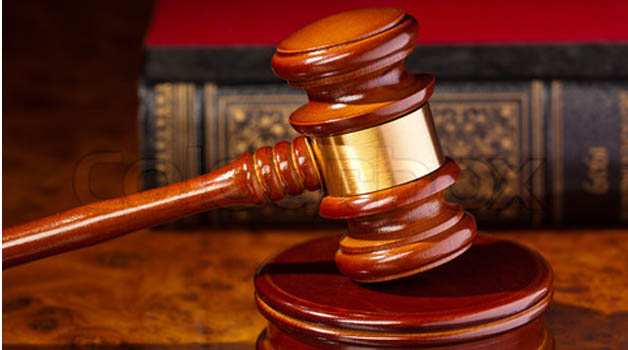 By PERPETUAL SICHIKWENKWE –
By PERPETUAL SICHIKWENKWE –
THE Lusaka High Court has referred to the Constitutional Court, a matter in which four Mongu residents have asked Edwin Lubosi Imwiko to abdicate the throne as the reigning Litunga of the Lozi people of Western Province.
Judge Gertrude Chawatama said in her ruling yesterday that a number of issues had arisen that required the determination of the Constitutional Court.
Nabiwa Imikendu, Littia Mutemwa, Mukubesa Ilukena and Mumbisho Liswana have dragged the Litunga to court demanding that he resigns from the throne for alleged gross incompetence and abuse of authority.
The quartet are seeking to have the Litunga removed through other lawful means permissible by law or otherwise upheld by Lozi tradition or custom, if he fails to resign.
However, the Litunga raised preliminary issues, contending that the affidavit in support of the originating notice of motion filed by the four contained contentious issues and should have been commenced by a writ of summons, without which the matter must be considered as being incompetently before the High Court.
The Lozi King further argued that the jurisdiction of the High Court to hear and determine the matter was uncertain as the allegations question the competence of the Litunga who holds a constitutionally created office.
He submitted that Mr Imikendu, Mr Mutemwa, Mr Ilukena and Mr Liswana had no locus standi to commence an action for and on behalf of the more than 90 per cent Lozi people in the Republic of Zambia.
The Litunga submitted that the quartet had not provided their addresses for service in conformity with the rules of procedure and practice, rendering their actions incompetent.
Ms Justice Chawatama said that perusal of the file which was opened in Mongu revealed that the four commenced the action pursuant to Articles 165 and 166 of the Constitution.
She said she was of the view that this was a matter which was properly for the exclusive jurisdiction of the constitutional court as provided by Article 128.
Subject to Article 128, the Constitutional Court had original and final jurisdiction to hear a matter relating to the interpretation of the Constitution or relating to its violation or contravention.
Ms Justice Chawatama said that in line with Article 138 (2) of the Constitution which provided that where a question relating to the constitution arose in a court, the person presiding in that court should refer the matter to the Constitutional Court, she was doing the same.
“I hereby refer this matter to the Constitutional Court” Ms Justice Chawatama said.






